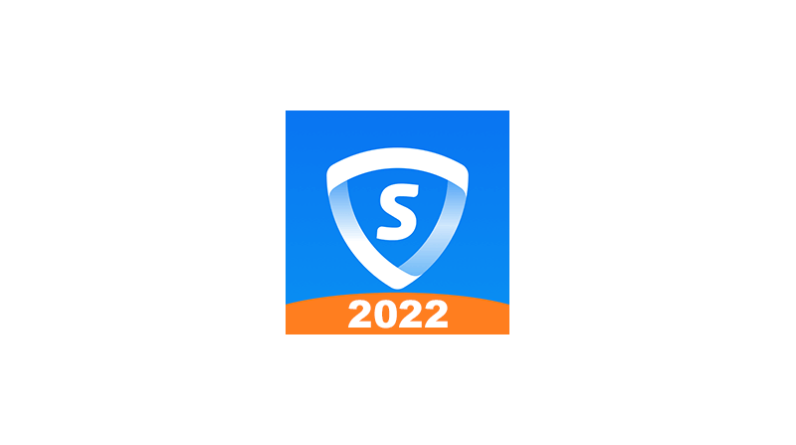
The consistently-growing mobile world is dominated by two big brands; Google & Apple. Both have already introduced their mobile operating systems which have plenty in common and have enough room for improvements and different views of what matters to users. Though there are some differences between Apple’s iOS and Google’s Android, that doesn’t mean that one OS is worse or better than the other. Yes, preferences do exist! And, in order to come up with any conclusion, we need to find out how both of these platforms behave differently. Android vs iOS: What Should You Consider When Developing a Mobile App

Today, several startups and business owners are launching their own mobile apps but most of them fail to achieve desired success. If you are wondering to get high revenue with your newly-launch app, you need to consider several significant things such as you have to determine which platform to choose at first. As a result, every mobile app developer and business owner should know some basic facts about the differences between Android and iOS users while planning to build a mobile application:
Market
Let’s start by talking about the basics of the mobile market. The iOS and Android devices both cover about 97% of the mobile operating system market share. And as of September 2017, Android made up 64% (two-thirds) of those. Due to its affordable price range, Android has the highest global share in developing nations and lower income areas. It carries an advantage over iOS in growing markets such as Asia and Africa. Furthermore, iOS is losing its lead over Android regarding ROI generated by mobile applications.
Note: When it comes to developer profits, iOS torches Android as App Store makes twice as much money as Google Play generates.
Different Capabilities
Apple is very strict when it comes to app submissions, rules, timelines, and push notifications. They also come up with operating system updates to assure the consistent experience for the users. On the contrary, Android applications or listings can be launched or updated without any human review. Android apps are also fragmented over different smartphone manufacturers such as Motorola, Samsung, Xiaomi, LG, and HTC, which provides the personalized experience to the users.
Android offers a considerable number of push notification formats which are not available on iOS. The custom layouts, expanded message formats, and other creative Android formats perfect for retailers and entertainment brands to further use for customization or experiments.
Now, both of these points come with advantages and disadvantages. And, the final decision will be depended on the users that what exactly do they want. iOS users generally prefer consistent experience over all the Apple devices, while Android users look for the freedom and personalization their devices offer.
Core Demographics
As stated earlier, today Android has the most extensive global platform share especially in economic income areas and growing nations. Android has proven to be the most common platform for all age groups. Relatively, iOS users have higher income, better engagement, and pay more per mobile app. Of course, it’s not necessary that those who have same qualities won’t have an Android phone. But, this information is just indicative of the general Android community and growth. The age and gender diversity of users aren’t enough to impact a platform decision for a mobile app. And, you should not also neglect the income and location of your target audience. All these things may impact some significant actions such as paid subscriptions and in-app purchases which plays an essential role in revenue.
Push Notifications Behavior
Push notifications are something that must be considered while comparing iOS & Android. It’s important to see that even user actions like responding to push notifications vary so much between iOS and Android. Research reveals that about 3.5% of Android phone users click on push notifications, while just under 2.0% iPhone users click on them. One of the main reasons for this difference is the fact that notifications on Android phones keep showing on the lock screen until the user takes action on them. But, they tend to disappear after the first screen unlocks on an iPhone. Besides, iOS users can open push notifications quicker than Android. It indicates a higher degree of interaction when it comes to iOS users.
RAM Management Technologies
The RAM management and usage on both Android & iOS is quite similar and efficient. The only differences between these two operating systems are how each one chooses to control app behavior in the background. With an in-depth analysis, it’s easy to know the difference between RAM management technologies of iOS and Android:
Android is based on Linux which eventually chooses to stop applications running in the background to free up space for the new app to run flawlessly. On the contrary, iOS can remove more data from applications running in the background while comparing to Android. So, iOS allows you to load more mobile apps than Android, performing better at the system level.
What to Choose?
With the immense growth of both iOS and Android, the best technology you can choose is a hybrid development that will help you develop a single app for both platforms. It is affordable and wise decision to build a common app than investing in two. Today, it’s no longer difficult to put together a mobile app. With the help of DIY app builder or developer, you can come up with an advanced mobile application. If you’ve decided to pick one platform over other, keep the following things in mind:
- Developing an Android app makes sense if you are targeting Android users and when you’re focused on personalizing user experience and adding to the customization power that Android owns.
- If you app goals align with the “user spend” and “in-app engagement”, you should choose iOS. Now, Apple has also diminished approval times, making easier for the publisher to get introduced in the market.
- If you are choosing hybrid app development, make sure to spend when and where your target audience is more likely to involve.
iOS and Android users behave differently — so think twice before choosing an operating system and try using different approaches for your users to boost response and generate high revenue. It’s vital to consider your target audience before making any final decision. Hope this post will help you choose the right platform for your upcoming app.
Author Bio:
Gaurav Mali works as a content marketing & PR Manager at Baymediasoft – Mobile App Development Company. Passionate about the technical writing; He has been involved in the cutting-edge landscape of web and mobile app development for more than three years.






